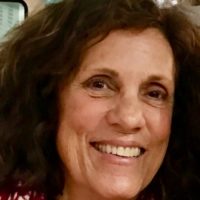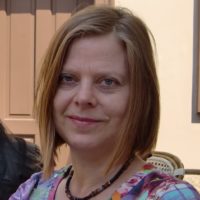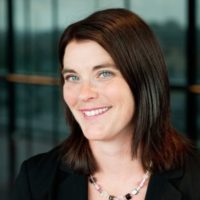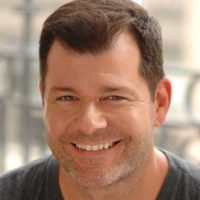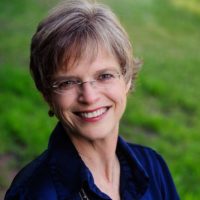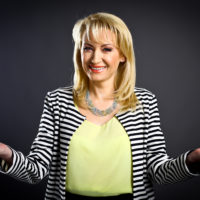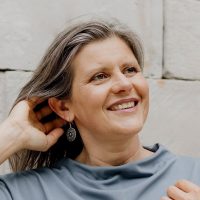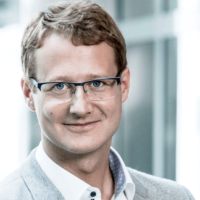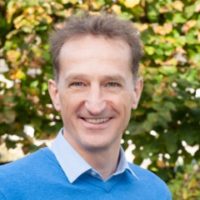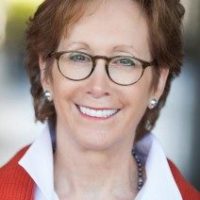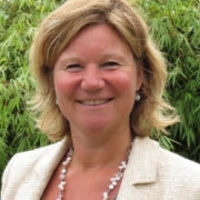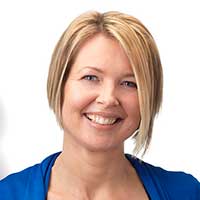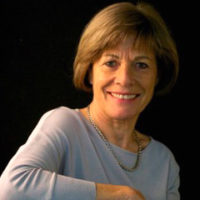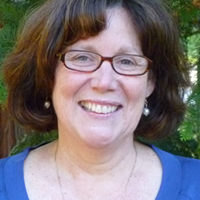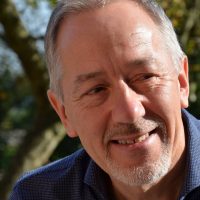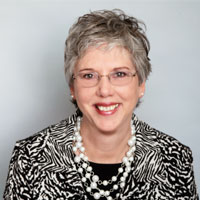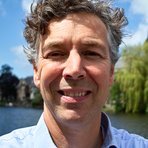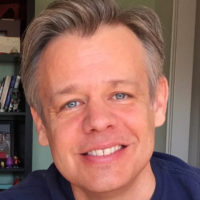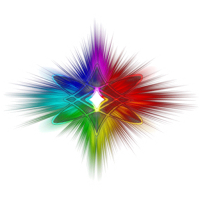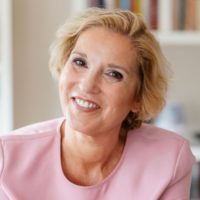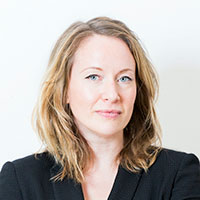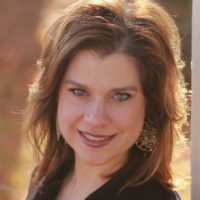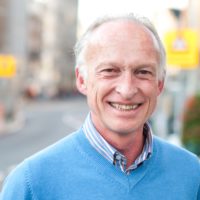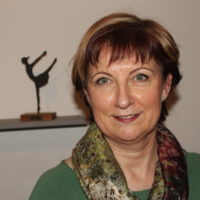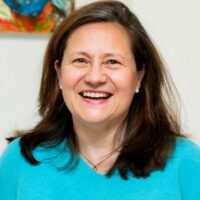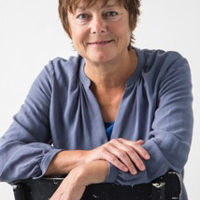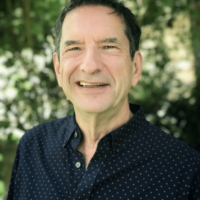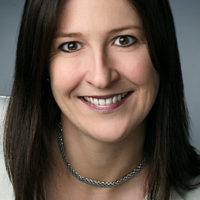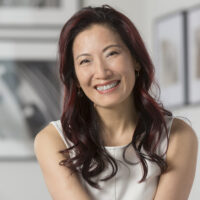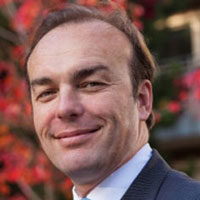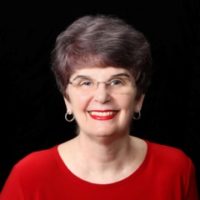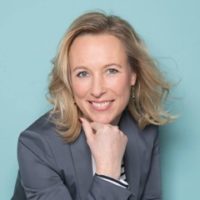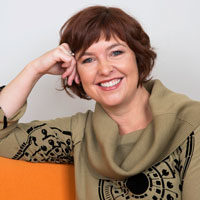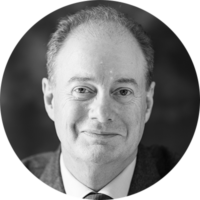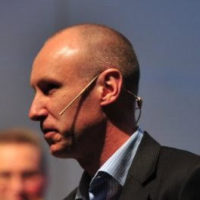Michael Sandel, American political philosopher and professor at Harvard University, is brilliant at challenging how we think and the assumptions we make about what is fair, what is right, what serves us and what doesn’t. He challenges our beliefs and pushes us out of our comfort zones. He refrains from labeling anything as good or bad, right or wrong, but instead keeps posing questions that invite us to go deeper. Each time I hear him speak, I marvel at his capacity to see things from so many different angles.
I recently heard one of Sandel’s Chautauqua lectures in which he talked about the “common good.” He first defined the common good as “the sum of the individual desires, wants, and preferences of everyone”—a kind of adding up of people’s interests, desires, and preferences, whether through the ballot box or trends in personal and corporate spending and investment. He went on to call this a “consumerist” approach to the common good, and implied that it is this definition that we as a society, at least in the U.S., generally accept.
He then invited us into a second way of thinking of the common good—what he called the “civic” approach where we might deliberate with one another as citizens about the meaning of the good life. He suggested stepping beyond the sum of our individual interests and preferences and actually inviting discourse on what the common good is—discourse that might invite a bigger and more ambitious notion of what a civic approach to the common good could be.
I found this a very insightful view of where we are in the mass consciousness and how we think about the common good. Yet it also left me wanting something more—to even step beyond the civic approach to consider not just what we as individuals or a society want, but to ask what wants to happen for the evolution of the mass consciousness? What does it mean to serve a greater good? Not just the sum of what individuals want, not just the sum of what a civic society wants, but in a larger view of our evolutionary process, what is the greater potential waiting to unfold?
These are big questions, to be sure—questions that would bring a wide spectrum of responses on which not everyone would agree. But then agreement is not necessarily the point. Inviting discourse on these greater questions could open doors to higher levels of understanding and awareness about who we are as a human race. It’s ultimately not about agreeing or disagreeing or who is right or wrong—it’s about expanding our awareness of values, perceptions, and truths of all kinds of people and cultures other than our own. It’s about learning to think in bigger ways—stretching beyond the boxes we live in (and we all live in boxes, regardless of how expanded we might think our views are!) and considering something we never considered before.
This week we celebrate Independence Day here in the U.S. The holiday celebrates our declaration of freedom from Great Britain, and the courage, vision, and fierce determination of our country’s founders. We can learn a lot from those early freedom fighters about commitment and standing up for what you believe—about claiming independence from “the way it has been.”
Yet I invite you to consider a different kind of independence this week as well. I invite you to declare your freedom from habitual beliefs and ways of thinking that may not serve you or a greater good any longer. I invite you to declare your independence from the “group mind” and consider for yourself what you think and believe about how life works. I invite you to expand beyond personal desires to consider what a “greater good” might look like in the world, and then to start living in service of that, whatever that might mean to you. I invite you to step into the shoes of someone with whom you have disagreements and expand your mind and heart beyond judgments of right and wrong, good and bad. Try this both with people in your personal circle as well as with people or public figures that you’ve never met. See what new discovery and understanding is waiting for you.
Imagine a global Independence Day that was about everyone setting themselves free from whatever holds them back from living their greatest potential in service of a greater good. Now that would be a day to celebrate!
If you enjoyed this blog post and find it helpful or inspiring, I invite you to subscribe to my free weekly newsletter by clicking here.


